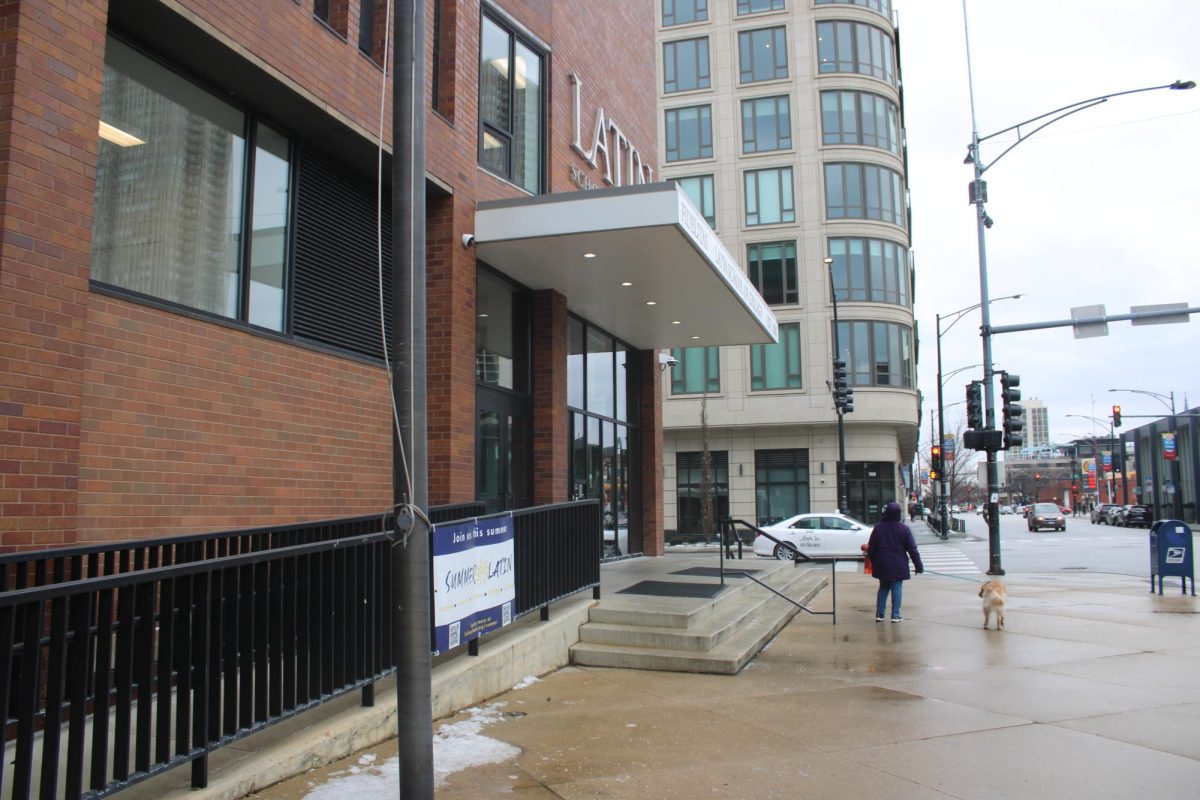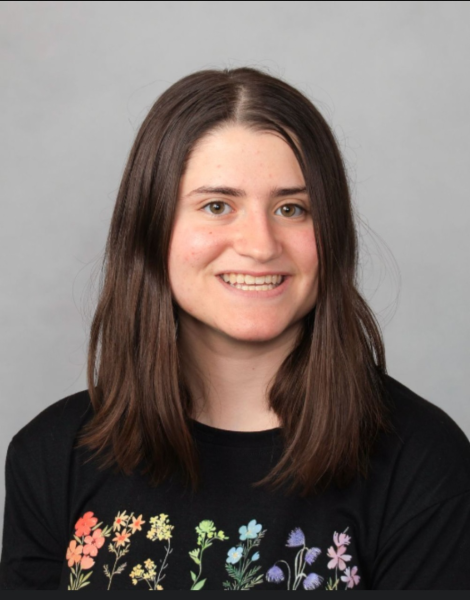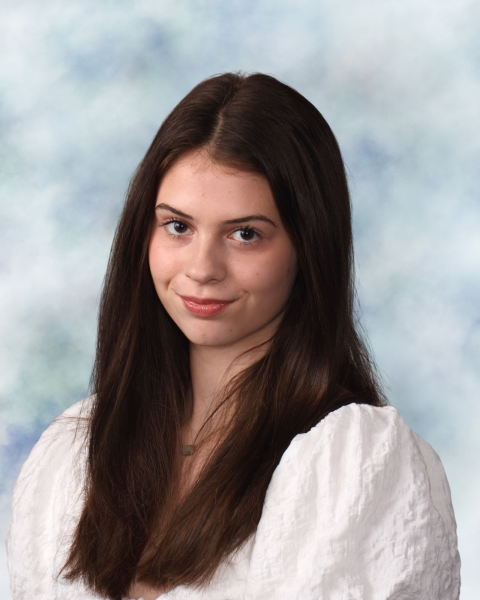Over the 2023-24 school year, four faculty members vacated their positions mid-year, all with little notice. This year, the phenomenon has continued, with three administrators departing Latin mid-year, leaving Latin to bring in internal replacements or leave the positions empty.
These departures have left administrators, faculty, and students grappling with a new question: Are mid-year departures becoming the norm?
The phenomenon is not unique to Latin. Just three years ago, University of North Carolina researchers found that mid-year turnover, relative to total teacher turnover, increased by 50% as compared to previous years.
Thus, as Latin administrators grapple with the departures, they have to contend with them as part of a broader national trend. “Part of it is just trying to figure out: Is this the new normal?” Upper School Director Nick Baer said. “Which is a weird place to be, but I think it’s just kind of the reality of schools now.”
At Latin, the specific details of the departures varied—the faculty vacancies occurred throughout last year, spread from first to fourth quarter. The first departure of the 2023-24 school year was French teacher Benjamin Bourlange, who stepped down in September. Two more departures were announced as students returned from winter break—English teacher Pedro Gonzalez and Upper School and Middle School counselor Perla de la Torre. Lastly, during the first week of the fourth quarter, math teacher Carlo Ordoñez stepped down from his position.
This year, Chief Financial Officer Michael Szczepanek, Director of Studies and Educational Technology Xiaorong Li, and Director of Student Health and Wellness Sherron Bramwell all left Latin in January or February. Ms. Bramwell served only four months in the role.
The reasons for the mid-year departures over the past two years have also been varied. Mr. Bourlange, for instance, left Latin to teach at the university level in Bulgaria. Mr. Gonzalez and Ms. de la Torre both quickly assumed jobs at Chicago Public Schools, Mr. Gonzalez at John Greenleaf Whittier Elementary School and Ms. de la Torre at Cameron Magnet School of the Arts. Within the months after they left Latin, Dr. Bramwell took a position at Christian Community Health Center and Mr. Szczepanek began work at Northwestern University’s Family Institute, although it is unclear whether these positions motivated their departures.
However, while some of his colleagues left Latin for specific professional opportunities, Mr. Ordoñez said his departure was rooted in his experience at Latin.
“The ultimate reason [why I left] is I felt a lack of support,” Mr. Ordoñez said.
“What I was running against, which comes from these elite schools, is you always feel like you have to do a perfect job,” Mr. Ordoñez elaborated. “You have to do the best job even if it’s sometimes to your detriment.”
Administrators were already aware of these concerns, even before the events of last year. Mr. Baer, a longtime performing arts teacher before he took on his administrative role, said, “Latin’s a very particular place—it’s hard to teach here, especially when you first get here. The pace is really fast, [and] the students and families [have] high expectations.”
These mid-year departures have an impact on administrative strategies and on the student experience. The prevalence of these departures on both a local and national scale keep administrators working alongside students and anticipating future trends.
Mr. Baer said, “We just need to be really thinking on our feet: How do we best serve the students in this case, if someone does leave?”
Going forward, alleviating challenges like those that Mr. Ordoñez faced has been a focus point for administrators. Mr. Baer added, “Onboarding and retention was a big theme going into this year and will continue to be next year.”
In addition to grappling with the motivations behind faculty and staff turnover, administrators have to address the vacancies swiftly. In particular, last year they worked to ease transitions as faculty members took on courses that had been left without a teacher. English teacher Brandon Woods, for example, took on an extra section of English 10: Eastern European Literature, bringing his course total to four—alongside his responsibilities as DEI Curriculum Coordinator.
“Mr. Baer was really really wonderful in terms of freeing up some of my time, taking some responsibilities off my plate to allow me to meet with all the students [during the] second week [after the transition] and catch up on some of the grading that hadn’t been done,” Mr. Woods said. “I felt very supported by the school.”
Students also felt this support. Junior Ralu Nzelibe, a sophomore at the time who was in the section that Mr. Woods took on, said, “The school did a good job making sure the transition was pretty effortless.”
However, fluid transitions didn’t always change the reality of teaching an increased course load. Math teacher Helen Jeno explained some of the challenges of taking on an extra section of Calculus mid-year: “It [took] the time away that I would normally have met with other kids. There [were] days that I just didn’t eat lunch because I didn’t have time.”
Reflecting the same sentiment, math teacher Andrew Stroup, who took on a section of AP Calculus AB, explained the predicament. “You’re doing essentially 25% more work with 25% less time, so it was challenging,” he said.
In classes with looming AP tests, like the AP Calculus AB classes that Mr. Stroup and Math Department Chair Nichol Hooker took on, students were particularly anxious about these transitions. However, Latin’s faculty helped students learn the necessary material, even amid teacher transitions. “We were able to get through all of the content that we needed to and still have plenty of time to prep for the AP exam,” Dr. Hooker said.
Many students appreciated the help of these faculty members and focused on expressing empathy. “I cannot imagine what it was like for the teachers who filled in for the teachers who left, considering the confusion it caused and the spontaneity of the situation,” senior Katie McDermott said. “They took on an entire new class load and made it look easy. Their adaptability in this situation was remarkable.”



















































Deborah Linder • May 16, 2025 at 6:41 pm
Great article.